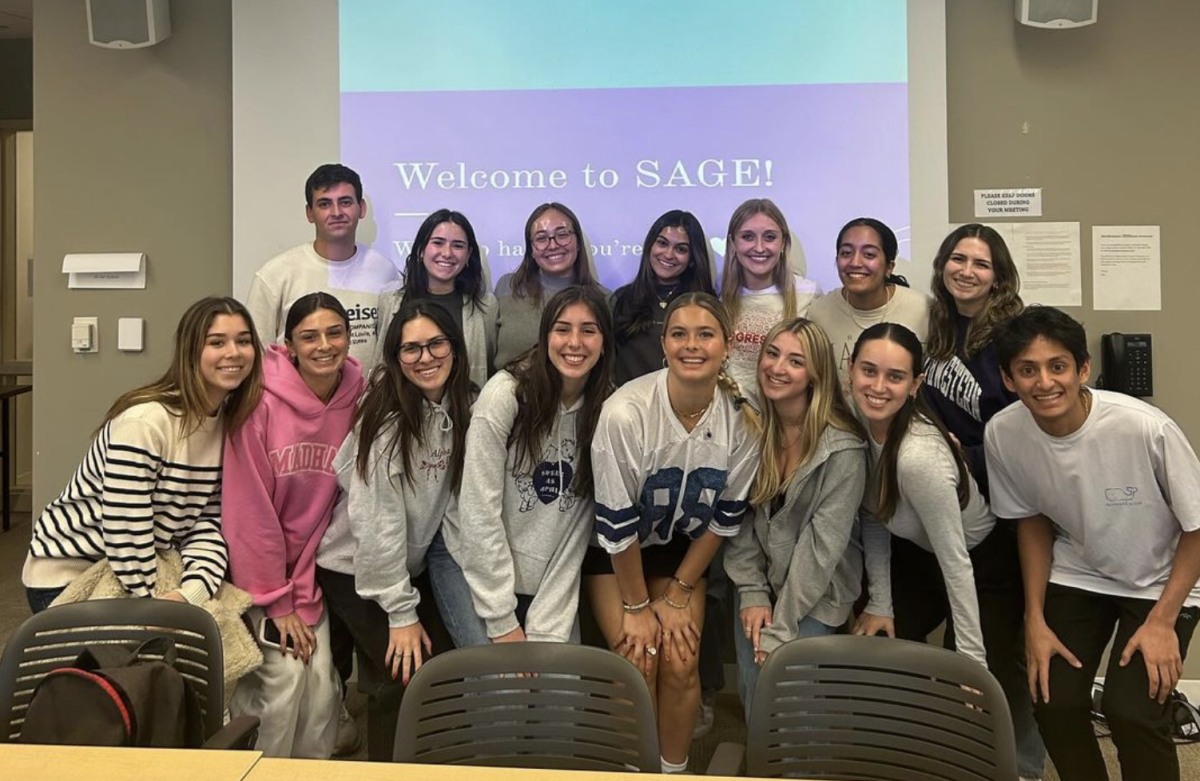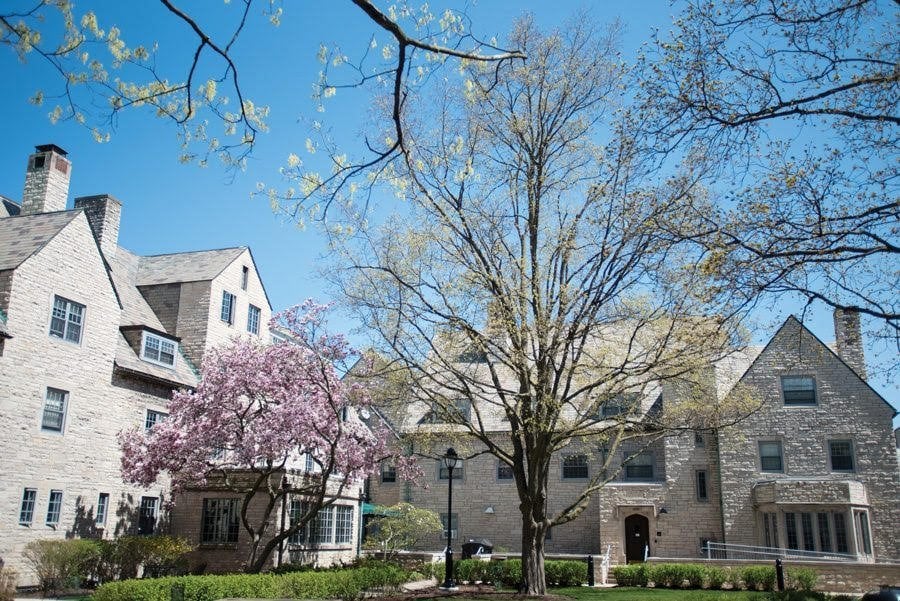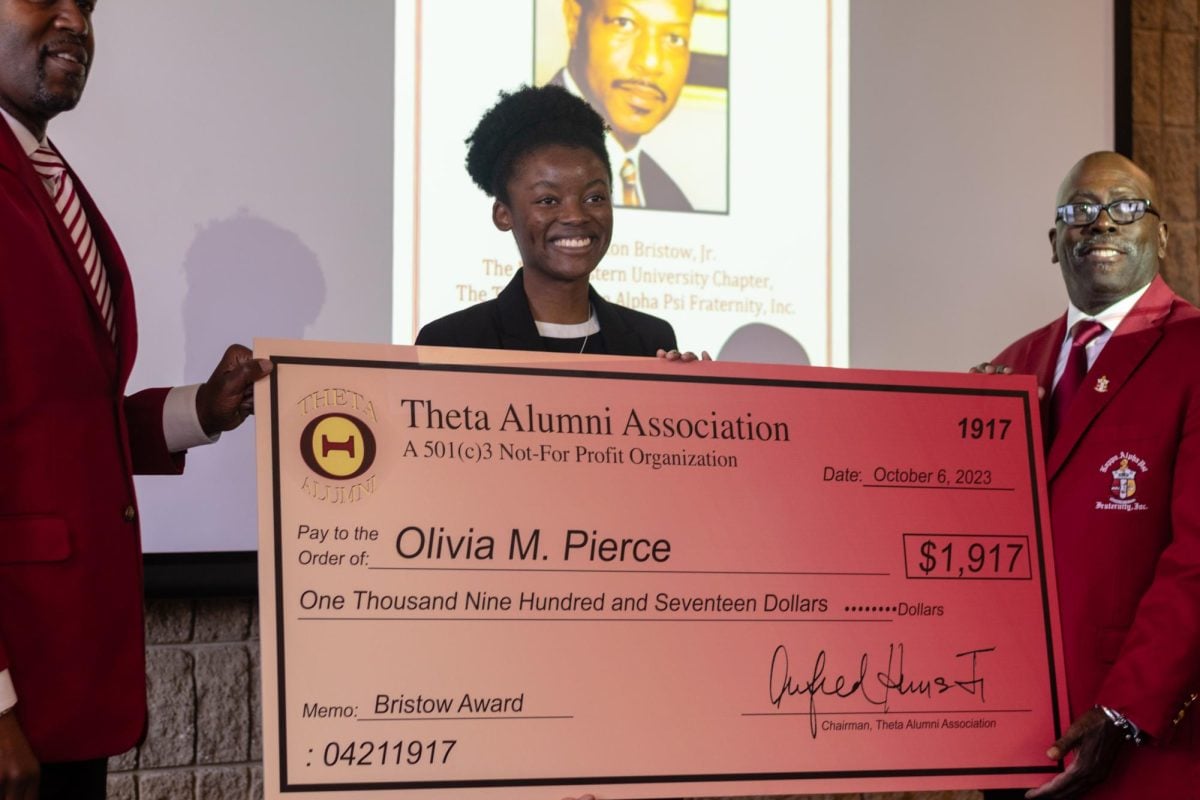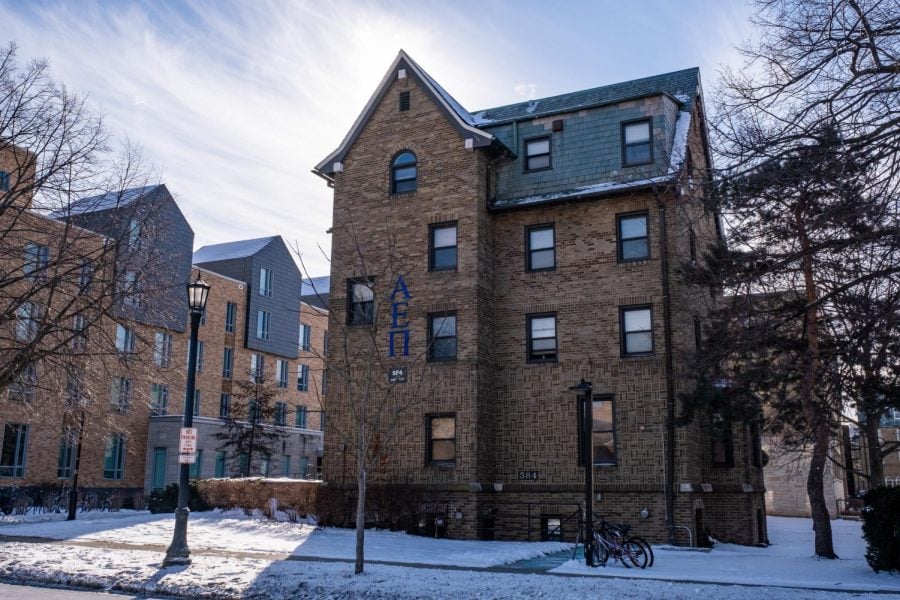A new service group is accepting applications this month for its first open trip to the northern Indian village of Charniya in August.
Project Rural India Social and Health Improvement is a national non-profit initiative founded in 2005 at UCLA. The Northwestern chapter, formed last spring, is one of six on college campuses across the United States. The organization aims to help rural Indian villages improve health care, sanitation and education through student-initiated projects.
During a visit to India last summer, Weinberg sophomores Varshini Cherukupalli and Shreya Agarwal and Weinberg junior Apas Aggarwal, all co-founders of the NU Project RISHI chapter, identified Charniya as the group’s main focus site. The group hopes to eventually establish a health clinic there that would serve an estimated 5,000 people, Aggarwal said.
“We thought that it would be really nice to develop a long-term relationship with a village in India,” Cherukupalli said. “Our goal is to help the village develop over the long-term period and continue to educate them so they can sustain themselves.”
The group plans to bring approximately 15 students on the trip, Agarwal said. Although the last trip to Charniya involved identifying a target site and talking to medical professionals, the upcoming trip will focus more on conducting surveys and collecting data about the villagers to determine their specific needs, Aggarwal said.
“It’s going to focus on volunteering, but a big part of this trip is also data collection,” Aggarwal said. “It’s a pretty large-scale task.”
Members also hope to run health camps during the trip that will bring several medical professionals in different specializations to Charniya to educate community members, Aggarwal said.
Although the NU chapter of Project RISHI is still waiting for recognition by the Associated Student Government, the group has held a number of small fundraisers this year. The group is currently selling knitted headbands and hats. Group members sold concessions at the South Asian Student Alliance’s annual show Saturday and advertised Project RISHI’s mission statement with a short video and an informational booth. On Jan. 28, the restaurant Cosi donated 10 percent of its profits after 5 p.m. to Project RISHI.
So far, the NU Project RISHI chapter has raised a few thousand dollars, Agarwal said. However, she said group members are hoping to collect more substantial donations from contacts in California and Delaware to raise the funds necessary to establish a regularly operating clinic in the village.
Through their fundraisers, Cherukupalli said Project RISHI members hope to spread word among students about the group’s purpose and goals. She said Project RISHI would like to partner with other groups on campus, such as Greek organizations and the New Life Volunteering Society Clinic, which primarily treats Indian Americans without health insurance.
Cherukupalli said she, Agarwal, Aggarwal and Weinberg senior Manisha Bhatia decided to bring Project RISHI to campus after attending a GlobeMed Global Health Summit conference last spring. At the moment the group has roughly 30 members, Agarwal said.
Weinberg sophomore Jingran Ji, a member of Project RISHI, said he is considering going on the group’s trip to India this August. He said the group is helping to create international awareness about poverty.
“They require aid of some sort and it will be kind of interesting to go on this trip and find out how to bring public health to this impoverished village,” Ji said. “We would like to understand the village better.”
Aggarwal said the presence of Project RISHI will provide NU students with a chance to become involved with medically-oriented service projects.
“One of the main reasons that we thought Northwestern needs this type of program is because we don’t really have a program that strives to help rural India medically,” Aggarwal said. “This is the single opportunity that Northwestern offers students to engage in medical work in India.”







